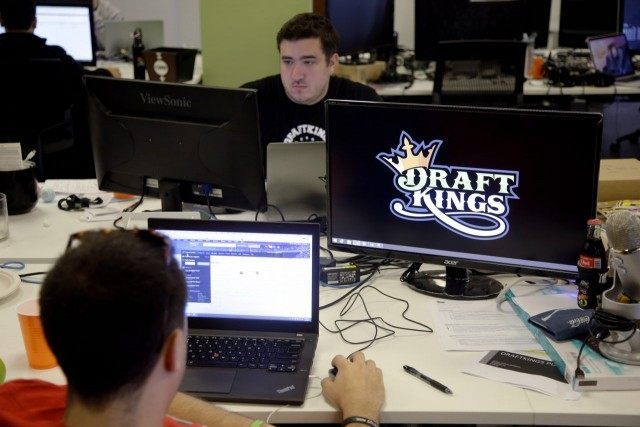With accusations of “insider trading” still hanging over the fantasy sports betting industry, one of the two websites at the center of the scandal, DraftKings, has released the results of an internal investigation. The website now claims that one of the employees accused of insider trading did not use internal data to win over $350,000 on the rival site, FanDuel.
The internal investigation, conducted by the law firm Greenberg Traurig, was released on Monday. The firm is led by A. John Pappalardo, a former United States Attorney for the District of Massachusetts.
Ultimately the investigation found that the site’s written content manager, Ethan Haskell, had submitted his lineup and placed his bets before he received any internal data. It also found that the employee’s lineup was already “locked” and could not be altered by the time he had access to the data.
The investigation concluded saying, “GT’s independent investigation has confirmed the Company’s conclusion that Mr. Haskell could not possibly have entered the winning lineup based upon his receipt of the Company’s nonpublic aggregate ownership percentage information, because he did not receive that information until 40 minutes after the lineup was locked.”
In a statement, DraftKinds noted that they are preparing for action by government officials, but whether it be by state or federal officials, they are unsure.
“It is entirely predictable that the government would follow up on the misleading reports about our industry,” the DraftKings statement
Two weeks ago, The New York Times revealed the insider trading scandal involving fantasy football betting websites FanDuel and DraftKings after publishing an article reporting that an employee of DraftKings released player data and then personally made $350,000 using the info on rival site FanDuel. It was claimed that employees of the sites used early data to make their own bets win big money.
It wasn’t long before lawmakers and law enforcement began taking a long hard look at the fantasy sports betting sites.
The investigations by lawmakers and regulators was sparked by the allegations in the Times’ article that employees of two leading fantasy football betting sites were sharing game and player data with each other helping them make a lot of money betting on the sites.
By October 16, the state of Nevada had ruled that the fantasy sports betting sites were not a game of skill but were instead normal gambling. The state then ordered that the sties stop operating in Nevada until they were awarded a gambling license. Games of skill are generally not labeled “gambling” and are not regulated like games of chance.
Follow Warner Todd Huston on Twitter @warnerthuston or email the author at igcolonel@hotmail.com

COMMENTS
Please let us know if you're having issues with commenting.